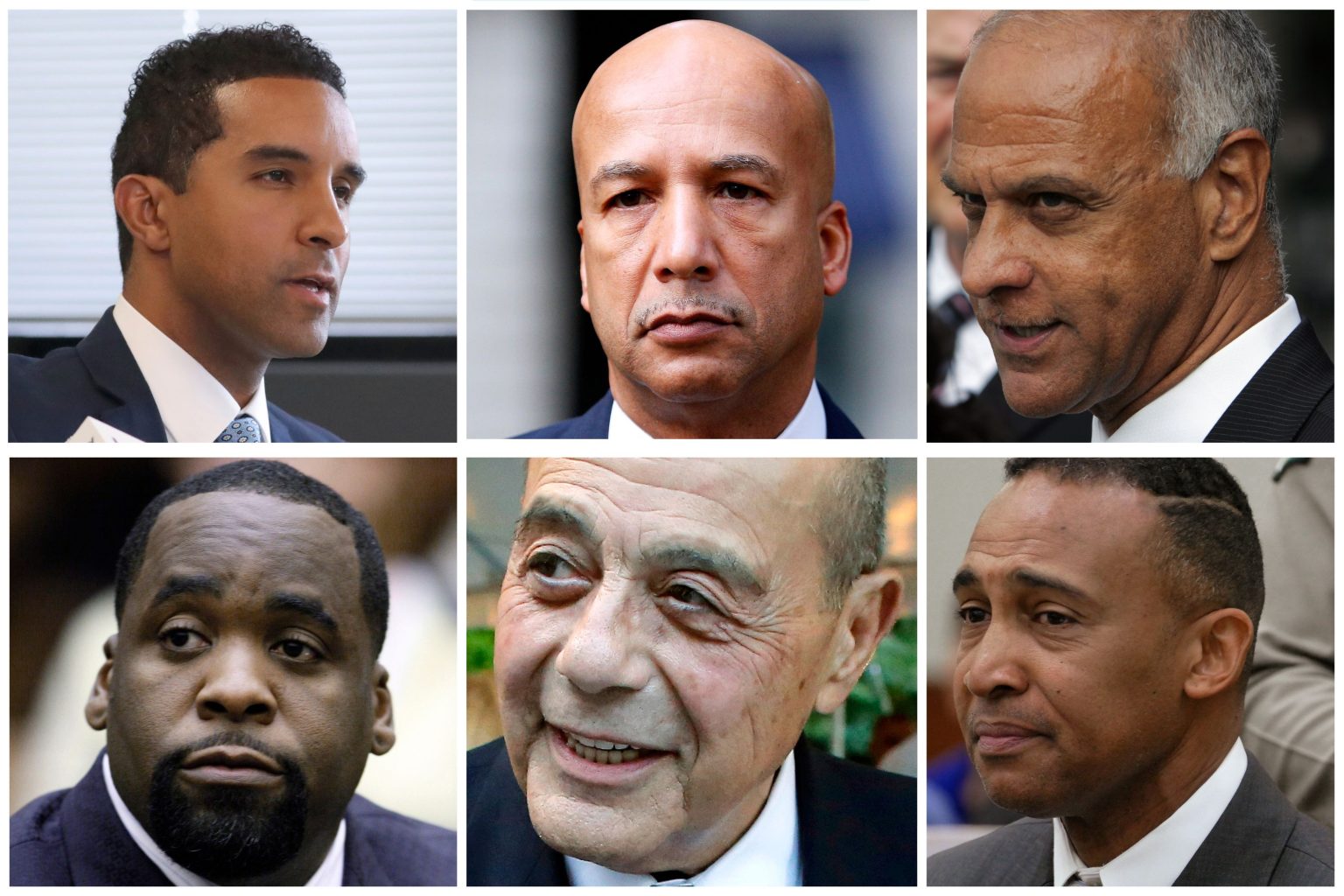New York City Mayor Eric Adams was indicted on five federal counts including wire fraud, bribery, and campaign finance violations. He pleaded not guilty to the charges and resisted calls to resign. This is significant because it demonstrates a changing dynamic in law and politics, where politicians are holding onto their positions despite facing serious allegations. Several mayors across the nation have been charged with similar crimes before, often stemming from the misuse of power, opportunity, impunity, and ego.
Sheila Dixon, the former mayor of Baltimore, was indicted on multiple felony and misdemeanor counts in 2009, including perjury, theft, and misconduct. She was accused of misusing gift cards meant for needy families. Dixon was found guilty of embezzlement, sentenced to probation, community service, and a monetary donation, and banned from seeking office while on probation. She attempted to run for reelection multiple times but was unsuccessful in gaining public office again.
Ray Nagin, the former mayor of New Orleans, was indicted on charges including wire fraud, conspiracy, and bribery. He was found guilty on multiple counts and sentenced to prison. Patrick Cannon, the former mayor of Charlotte, was arrested on corruption and bribery charges following a sting operation. He resigned as mayor, pled guilty, and was sentenced to prison. Cannon attempted to re-enter public office later but was unsuccessful.
Bill Campbell, the former mayor of Atlanta, faced charges related to racketeering, corruption, bribery, and tax fraud. He was acquitted on several charges but found guilty on tax evasion charges, resulting in prison time. Kwame Kilpatrick, the former mayor of Detroit, was convicted on perjury, misconduct, and obstruction of justice charges, leading to prison time. Tony Mack, the former mayor of Trenton, was found guilty on extortion and bribery charges and served time in prison. Larry Langford, the former mayor of Birmingham, faced numerous charges related to bribery and fraud, resulting in a lengthy prison sentence.
Buddy Cianci, the former mayor of Providence, served two separate terms as mayor and faced various legal issues including assault charges, racketeering, extortion, and conspiracy. Cianci was acquitted on some charges but was found guilty of racketeering conspiracy, leading to a prison sentence and a forced resignation as mayor. Cianci later ran for mayor again but was unsuccessful in regaining office. These cases demonstrate the consequences that mayors and elected officials face when engaging in criminal activities while in positions of power.
Despite these legal challenges and criminal charges, some politicians attempt to re-enter public office after serving their sentences, like Patrick Cannon and Sheila Dixon. However, their attempts to regain office are often met with limited success. The cases of these mayors show the importance of ethical behavior, transparency, and accountability in public office to maintain public trust and uphold the law. Municipal corruption remains a serious issue that has consequences for both individuals and communities, highlighting the need for rigorous enforcement of anti-corruption laws and regulations.


